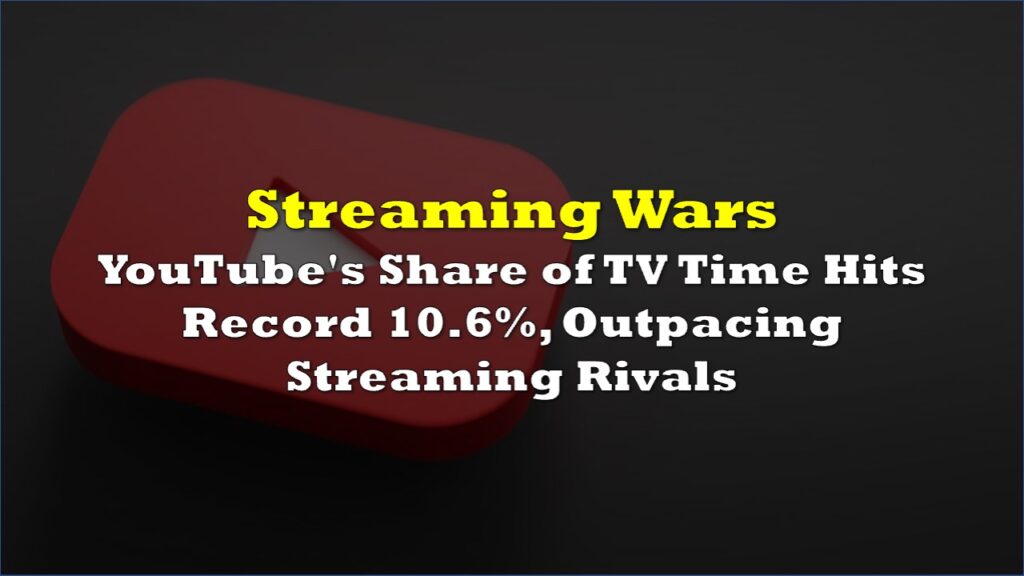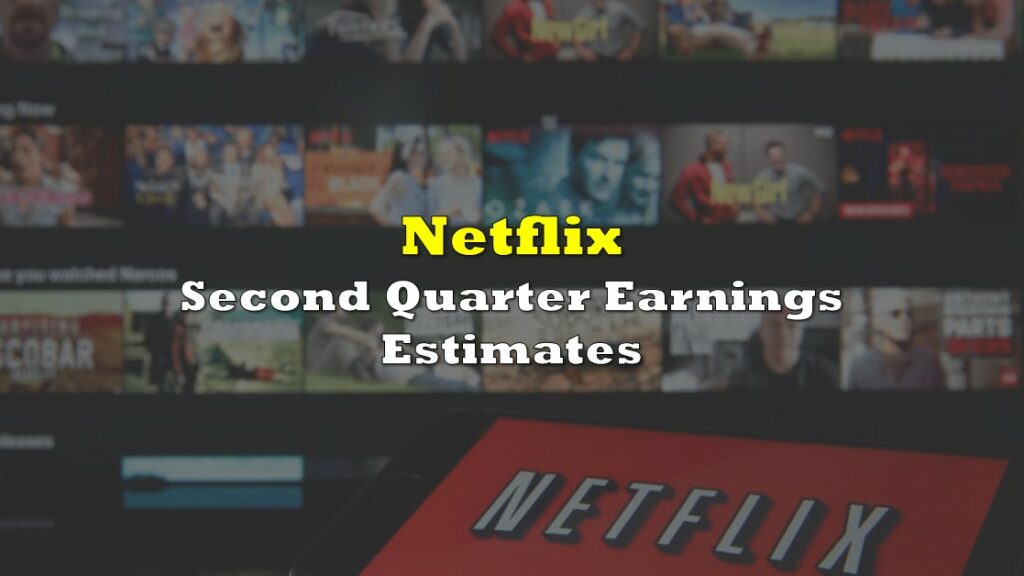The future of several professional development programs essential to the growth of Canada’s film and television industry is now in jeopardy as Netflix Canada pulls sponsorship from multiple arts institutions. This action comes in response to new funding measures imposed under the Online Streaming Act (Bill C-11).
Last week, Netflix (NASDAQ: NFLX) informed several cultural organizations that it would be pausing financial support for a variety of training and development initiatives across the country. Since the launch of Netflix’s Canadian production arm in 2017, the streaming giant has poured more than $25 million into professional development programs, advancing the careers of over 1,200 Canadian writers, directors, producers, and performers.
Camilla Tibbs, executive director of the Pacific Screenwriting Program in Vancouver, lamented the decision: “This is extremely disappointing as Netflix was a significant and founding supporter of the Pacific Screenwriting Program, in line with their commitment to Canadian talent development.”
The program, known for its flagship Scripted Series Lab, has been instrumental in developing the careers of emerging screenwriters, especially those from diverse backgrounds, over the past six years.
Similarly, Hot Docs, an internationally recognized documentary festival and organization based in Toronto, may face the discontinuation of three major programs—Canadian Storytellers Project, CrossCurrents Doc Funds, and Incubator Labs—without Netflix’s support. Collectively, these programs have assisted hundreds of filmmakers in launching their careers. The organization is already undergoing restructuring amid financial challenges.
Netflix just announced they would no longer be funding any Canadian content because of the implications of the Online Streaming Act.
— Anti-Taxxer (@colossusPhD) September 29, 2024
The two Heritage Ministers responsible for pushing that legislation are dipping.@pablorodriguez is now an independent and @PascaleStOnge_ is… pic.twitter.com/W8BL0T9zYt
Indigenous development programs at risk
Perhaps the most affected by this development is the imagineNATIVE Institute, which relies on Netflix for about 90% of its program funding. Since 2020, this partnership has supported over 50 Indigenous professionals working in screen media, playing a pivotal role in promoting Indigenous voices and stories in film and television.
Naomi Johnson, imagineNATIVE’s executive director, expressed her gratitude for Netflix’s contributions but noted the challenges the funding pause poses: “All of us running not-for-profit arts organizations are contending with rising costs, so this now means more hustling in the private sector. And the pure volume of work in that kind of fundraising is exhausting.”
Netflix’s support for imagineNATIVE beyond 2025 now remains uncertain, potentially stifling development opportunities for Indigenous creators.
The funding pullback comes in the wake of the Online Streaming Act, which mandates foreign-owned streaming services like Netflix to contribute 5% of their annual domestic revenues toward Canadian screen content production. This regulation falls under the jurisdiction of the Canadian Radio-television and Telecommunications Commission, and it has provoked resistance from the Motion Picture Association-Canada, a body representing studios such as Netflix, Disney, and Paramount. The association filed dual legal challenges in Federal Court in July, aiming to contest the CRTC’s new financial obligations.
“Despite our long-standing commitment, the government has chosen not to acknowledge our substantial support for the Canadian film and TV sector. Consequently, we will be unable to continue funding many of the programs that have come to rely on our backing, as we are now required to allocate resources to meet the CRTC’s new investment mandate,” Netflix Canada said in statement.
Charles Thibault-Béland, press secretary for Canadian Heritage Minister Pascale St-Onge, criticized Netflix’s decision, pointing out that the company was informed five years ago about its obligation to invest in Canadian content.
“Netflix is unfortunately thumbing its nose at the Canadian cultural sector, instead of investing in a market that has benefitted them for a long time,” Thibault-Béland remarked.
During a November 2023 CRTC public hearing, Dean Garfield, Netflix’s vice-president of global public policy, acknowledged the company’s extensive contributions to Canadian talent but emphasized the need for flexibility in the government’s recognition of these investments: “If you develop a system that limits the areas or the funds to which those resources are directed, then in some respects you’re creating a zero-sum game where you may have to move away from the relationships, partnerships that we built over time, and we certainly don’t want to do that.”
Further confusion
Netflix’s decision to withdraw support has sparked concerns about the potential impact on various training and development programs. Angela Heck, executive director of the Whistler Film Festival Society, voiced her worries over the uncertainty that this pause creates. Since 2018, Netflix has played a crucial role in funding the festival’s producers and screenwriters labs, covering up to 50% of program costs in some years.
Heck attributed Netflix’s decision to the “ambiguity of the current legislation,” noting that it is unclear whether training programs fall within the eligible expenditures required under the CRTC’s new guidelines. She urged for better recognition of the importance of these programs:
“I think it’s not clear under current guidelines whether or not something like training initiatives are eligible expenditures. Maybe we don’t do a good enough job tooting our own horn as to how important these programs actually are.”
The consequences of Netflix’s funding suspension extend beyond individual organizations and raise concerns about the broader health of the Canadian film and television industry, which has faced financial strain for years.
Heck warned of the “knock-on effects” that could hinder the development of emerging talent: “I’m nervous about the knock-on effects. I always talk about the training programs as being the farm team. You can give funding to producers all you want, but if you don’t train people and bring them up through the system, we won’t have people who can succeed.”
Without sustained investment in training and development, the sector risks losing its pipeline of new talent, which could hamper the production of Canadian stories and limit opportunities for underrepresented voices in the industry.
Information for this briefing was found via The Globe And Mail and the sources mentioned. The author has no securities or affiliations related to this organization. Not a recommendation to buy or sell. Always do additional research and consult a professional before purchasing a security. The author holds no licenses.









